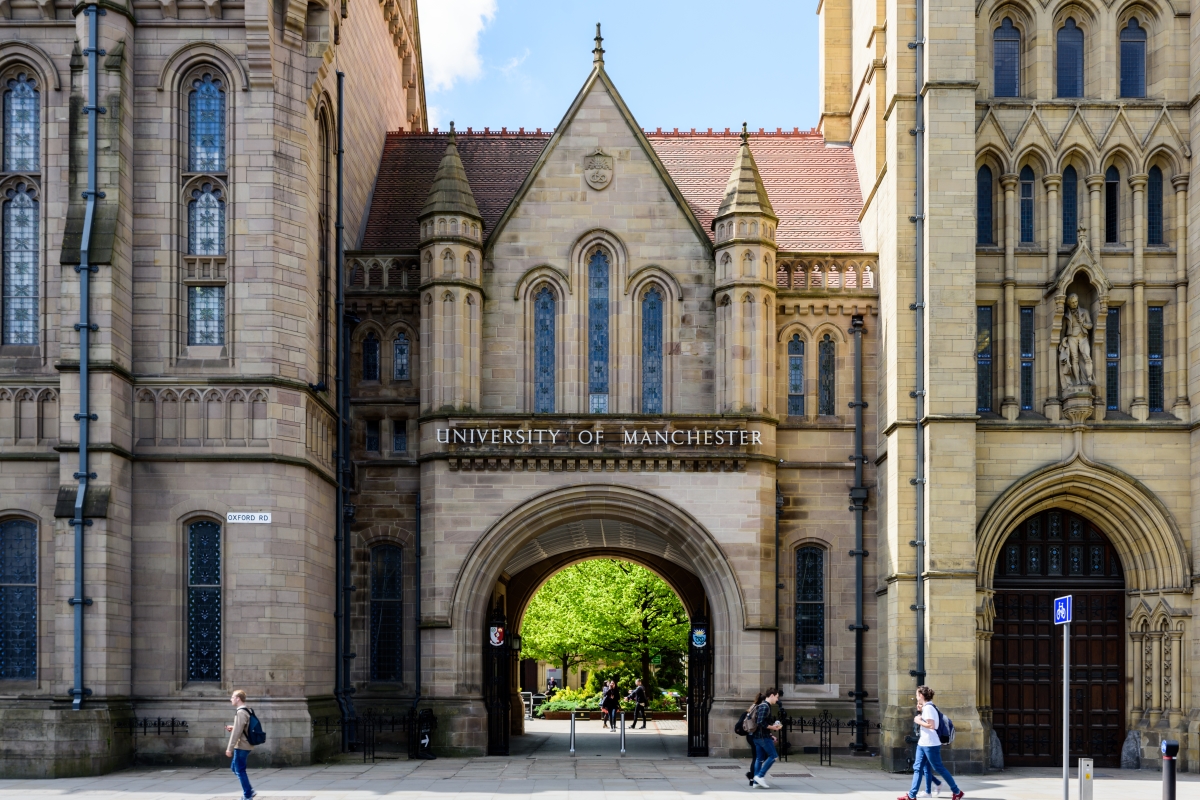Supported by GM LEP funding via the Local Growth Fund, the Christabel Pankhurst Institute will build on Greater Manchester’s strengths in health innovation and advanced materials
A new multimillion-pound research institute that will maximise Manchester’s academic strengths in digital health and advanced materials to speed the delivery of innovative health and care solutions is being launched this week.
A consortium led by the University of Manchester is behind the Christabel Pankhurst Institute for Health Technology Research and Innovation, a £25m initiative to promote needs-led health technology research and innovation. It will provide end-to-end support for translation of research into practice and act as an external flagship for the university’s rapidly expanding health technology portfolio.
A unique partnership between the university, NHS, business and local government, the aim of the collaboration is to capitalise on the university’s strengths in digital health and advanced materials and develop innovative products and services for the health care sector. In turn this will drive business growth and employment as well as boost the long-term health benefits of the city region.
The consortium comprises the University of Manchester, Manchester Science Partnerships, Manchester University NHS Foundation Trust, and Health Innovation Manchester.
The institute is housed in a flagship building at the centre of the university’s campus on the Oxford Road Corridor, as well as having bespoke, state-of-the-art research and business development spaces at Manchester Science Partnerships’ Citylabs campus.
Its name celebrates the connection between the university and Dame Christabel Pankhurst, co-founder of the Women’s Social and Political Movement and a driving force behind the suffragette movement, one of the most significant social reforms of the 20th century. As well as honouring a distinguished alumna, the name also demonstrates the university’s commitment to redress the under-representation of women and other groups in science and academic leadership through its equality, diversity and inclusion action plan.
The institute received a £5m award from the Local Growth Fund managed by Greater Manchester Local Enterprise Partnership and is part of an ambitious plan set out in the Greater Manchester Local Industrial Strategy to boost the city-region’s provision in health innovation and advanced materials. Investments from the university, Manchester Science Partnerships, the Engineering and Physical Sciences Research Council, and The Alan Turing Institute, make up the total budget of £25m.
President and Vice-Chancellor at The University of Manchester, Professor Dame Nancy Rothwell, a GM LEP board member, said:
“This is a really exciting opportunity to work with our partners to exploit the University’s strengths in digital health and advanced materials to make a real difference to the health and economic development of Greater Manchester.”
Rowena Burns, Chair of Manchester Science Partnerships, said:
“The University of Manchester is at the leading edge of research which will transform our ability to predict and prevent disease. The Pankhurst Institute will provide a dedicated facility for bringing this research together and play a key role in shortening the journey from academic discovery to world-leading industry innovation.”
Lou Cordwell, Co-Chair of the Greater Manchester Local Enterprise Partnership, said:
“The Greater Manchester Local Enterprise Partnership is proud to support the Christabel Pankhurst Institute for Health Technology and Innovation with a £5 million award from the Local Growth Fund. Health innovation is central to both the Greater Manchester Local Industrial Strategy and the recently launched Economic Vision. We’re excited by the institute’s potential to translate world-class research into economic growth, creating jobs and stimulating investment in a sector where some of our biggest opportunities lie.”
The institute will play a critical role in pulling innovations through from basic research to market ready products and services, which can then be accelerated into clinical use through Greater Manchester’s devolved health and care system and established innovation pathway. To achieve this it will build on, integrate and enhance the already extensive support provided by the partners.
The Christabel Pankhurst Institute for Health Technology Research and Innovation

